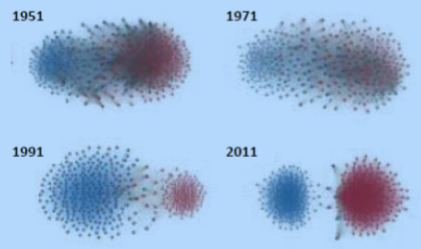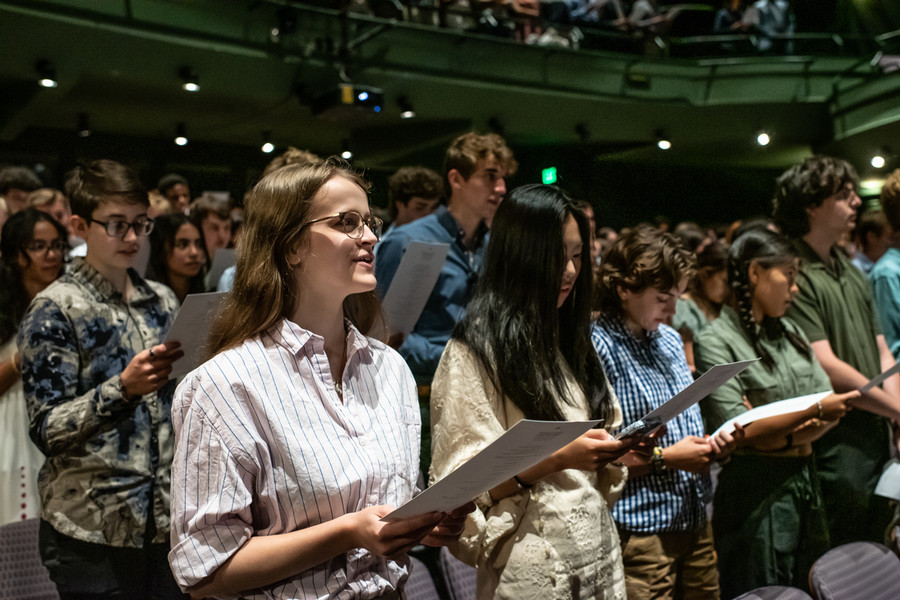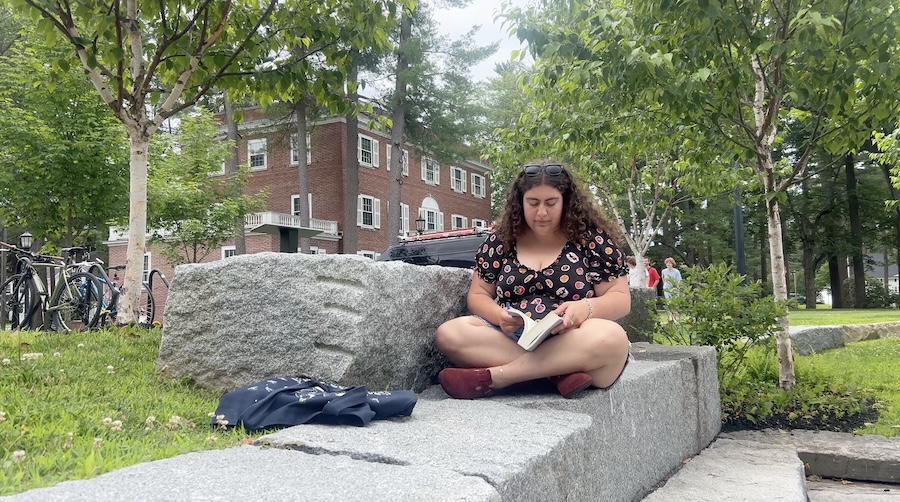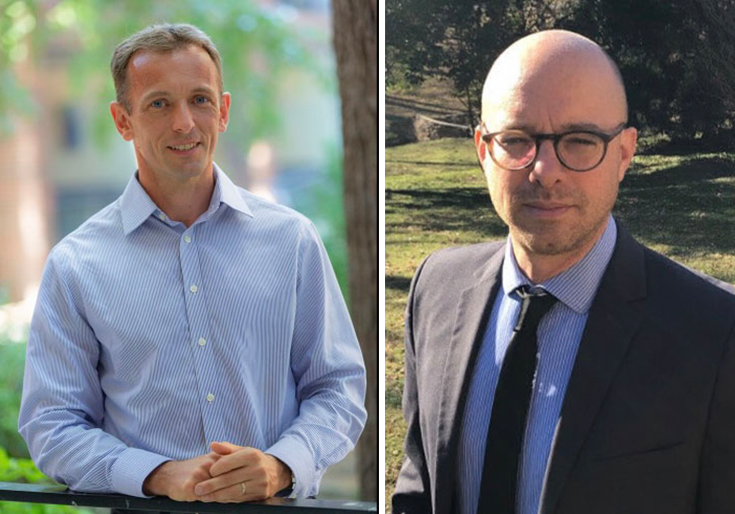Is Political Polarization Just a Big Misunderstanding? Economics Prof. Stone Says It Could Be
By Tom Porter
What he is claiming, however, is that the more extreme political hostility we’ve been witnessing is not just a matter of “mindless” emotional dislike of those we disagree with, but also based on misconceptions of our opponents’ motives—and that these misconceptions are enhanced by the cognitive biases studied by behavioral economists.
In his research, Stone, uses a mathematical model to show how relatively subtle biases cause more hostility than bias directly related to character and motives, and that these subtle biases can actually cause “unbounded” hostility.
He presented a summary of this research in the lunchtime faculty seminar, Just a Big Misunderstanding? A Behavioral Economics Perspective on Affective Polarization, October 26, 2016.
What drew you to this subject?
It grew out of an interest in the media—how many news organizations have become more partisan and more ideologically driven—and the relationship between media and political polarization. While working on this topic, which is of interest to a lot of economists given that most media outlets are private firms, I began learning more about a phenomenon called “affective polarization,” which refers to the increasing mutual dislike between political opponents. The literature argues that voters in general have not become all that polarized in terms of their beliefs and policy preferences, but they have become more polarized emotionally, meaning they have greater antipathy towards their opponents.
I wanted to pursue this angle and analyze it using the tools of economics. My research led me to some good data on this and I have now written a couple of papers on the topic, which I feel make a new point on the issue.

Why has there been this increase in affective polarization?
No-one knows for sure, but the growth in new media is plausibly a big factor. In my research though I focus more on extremism of political action and how politicians in each party seem to be taking increasingly partisan action. We have more party line voting, less cooperation, government shutdowns, and we interpret these extreme actions in a skewed way because of our own cognitive biases. So we dislike each other more now than we used to because we observe these actions and interpret them as being driven by bad motives, whereas in reality those extreme actions have more complicated explanations.
So our own biases are telling us there are bad motives at play?
Right. Biases cause us to over-infer the extent to which extreme actions are driven by bad motives rather than strategic thinking, which is not necessarily morally bad, or driven by differences in true tastes for what’s best for society.
Even if their motives are not as bad as we might think, why are politicians acting in this extreme way?
I think to an extent there’s a positive feedback effect, whereby the more we dislike the other side, the more likely we are to take extreme actions in our own interest, which in turn will fuel more of the same on the other side. It gets more complicated than that though. Politicians’ actions are also based on the beliefs and preferences of the party’s base, the intelligentsia, and the advisers, so it’s a complex interaction.
Another part of it is that, over time, politicians have become more strategic. They think “if I act in a more extreme way, it benefits me [politically] more than I realized.” Also, now that gridlock is more acceptable, it’s easier to take extreme political action. Consider too the media environment, and how politicians now have more incentives to act in an extreme manner to satisfy the increasingly partisan media outlets they talk to. It’s a complicated and multifaceted issue, but a key part that relates to my research is the argument that because we dislike each other more, we feel it’s appropriate to act in a more extreme and less cooperative way.
So the “big misunderstanding” you refer to is the failure of people to correctly perceive their opponents’ motives?
Yes, but this is just a theory at the moment. I’ve got some data to support it, and I think I’ve made a good argument for it, but there are big open questions, like what fraction of hostility this theory explains, and how to find solutions.
Links to Professor Stone’s research:



